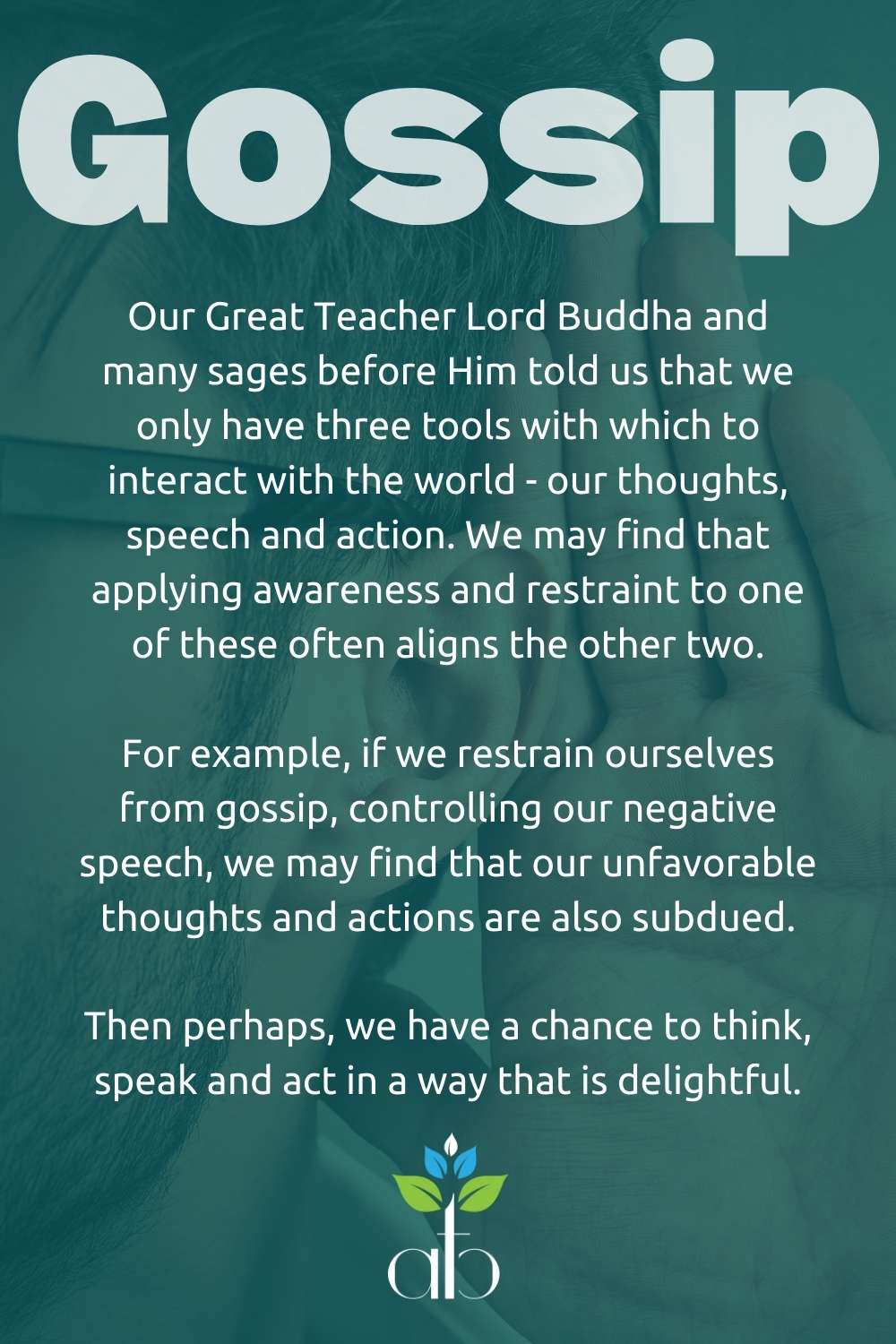Episode 159
Speak of the Dead

When a political figure dies, people sometimes celebrate. In the case of Thatcher, they ever took to the streets and sang “Ding dong, the witch is dead!”. They ask, “Why shouldn’t we speak ill of the dead? Why shouldn’t we criticize those who have passed?” These are posed as rhetorical questions, but as with so many rhetorical questions they are excellent lines of intellectual inquiry.
These questions are an opportunity for the application of “Chesterton’s fence”, the rule that we should not destroy something well-established unless we know first what its purpose was.
The rule to not speak of the dead is corollary of the old-fashioned standard of etiquette – that we ought not to speak ill of someone who isn’t present. To speak ill of someone who is not present gives them no chance to defend themselves, and also no chance to resolve the conflict. Without such a chance, the target of our gossip is clearly at a disadvantage.
We can also see the effects of this personally in ourselves and in others who have this habit. When we gossip about others living or not, we can begin to ask “Right now, am I feeling light, calm, joyful? Or am I feeling bitter?”
Our Great Teacher Lord Buddha and many sages before Him told us that we only have three tools with which to interact with the world – our thoughts, speech and action. We may find that applying awareness and restraint to one of these often aligns the other two. In this case, if we control our negative speech, we may find that our unfavorable thoughts and actions are also subdued. Then perhaps we have a chance to think, speak and act in a way that is delightful.
Hosts & Guests
Kurt Robinson
Transcript
I was thinking about speaking of the dead. Speaking ill of the dead or speaking well of the dead.
A lot of the time when a political personage or character dies a lot of people, normally political folks that this happens to will say “why shouldn’t we speak ill of the dead?”
Just because somebody dies doesn’t mean they’re immune to criticism.
I don’t buy into that thinking but I think the question stated as a rhetorical question, but I think it’s a great question.
It’s a great question. This is a great question to use Chesterton’s fence. If we find a fence in the middle of nowhere or the road and we don’t know what it’s doing there then maybe we should hesitate and ask why its there instead of dashing it down and destroying it.
When people created rules in the past, a lot of the time traditions have certain reasons we might not understand, that might not be obvious that might not even be passed down with the tradition.
As it happens, there are certain rules of etiquette that more or less survive like gentleman’s rules. One of them is that we should not speak ill of anyone who isn’t present because that doesn’t give them a chance to defend themselves.
Which is fair, kind of a rule of gossip I’m not going to talk ill about anyone else unless they can provide the alternative point of view.
This is unstated but the rule is also in a sense so we have a chance to resolve the conflict.
If I speak ill of someone else who isn’t present they have no chance of resolving the conflict.
The other rule on the subject is that we shouldn’t criticize in public. It wouldn’t help for one thing and it would lead to humiliation instead of resolution of the conflict. More likely to commit error in private than public.
Much more less likely to be receptive. Much less likely to see our actions or words as malevolent or ill intended trying to humiliate them even if we’re not.
Of course you can see how this applies when someone has passed away.
If we speak ill of someone who has passed away not only do they not have a way to defend themselves, their plans or state their motivations, why they believe their methodology was legitimate and beneficial.
Don’t give them that chance but we also don’t give ourselves the chance to get over it. Like picking a scab over and over and never giving it a chance to heal.
That scab will never heal if we don’t stop picking at it.
We maintain this criticism in our own mind and we can see for ourselves the effects of this. When we notice someone else and when we start speaking ill of another person, we can notice and ask this question, what am I doing?
What state am I in and this how I want to be right now and in my life?
Because what we notice when we pay attention to the state of being that people doing this have this habit is one of bitterness.
That’s when we can ask that question of am I making happiness a priority?
I think that’s a goal.
Lord Buddha and the sages before him told us we have 3 tools: internal sensations (thoughts and feelings), speech and actions. These are the only 3 things we have to engage with the world.
What we find is when we control or restrain one of these, the others start to come into alignment as well.
What happens with someone who continually speaks ill of others, they start to think negatively.
The bitterness infects their mind and actions and they start to act malevolently towards others.
What happens if we restrain ourselves.
At first maybe we don’t think well of others but just restrain ourselves that we won’t say those things. And maybe once we’re still thinking those things, what happens is we restrain our speech and later we restrain our thoughts and we restrain our actions.
Of course equally, if you think let me tell you one thing I admire about that person and you start to think positively.
Our thoughts and actions become filled with light.
What we normally find, and this is where it all comes home, but how we normally speak and act with others in some form is how we think speak and act towards ourselves.
So when we are exceptionally critical of ourselves, we are critical with others. We find we are auto-exigent, extremely demanding of ourselves. We won’t give ourselves a break.
When we can learn to forgive others, let things go, let sleeping dogs lie and leave things in the past and move forward with the tools we have right now, the moments we have in the present and the potential for positive change.
Miracles and wonderfulness that we have today, now, in this moment, we create something cool.
Thank you for listening, thank you for observing your own thoughts, speech and actions. Observation, attention and awareness is the beginning of so many wonderful things, so many changes that can help us move forward in loving kindness.
Have a wonderful day.

New Episodes Every Weekday
11am Mexico City time
10 min episodes Monday - Thursday
1 h interview episode on Fridays
As an Amazon Associate I earn from qualifying purchases.
Stay Beautiful &
Stay Connected
